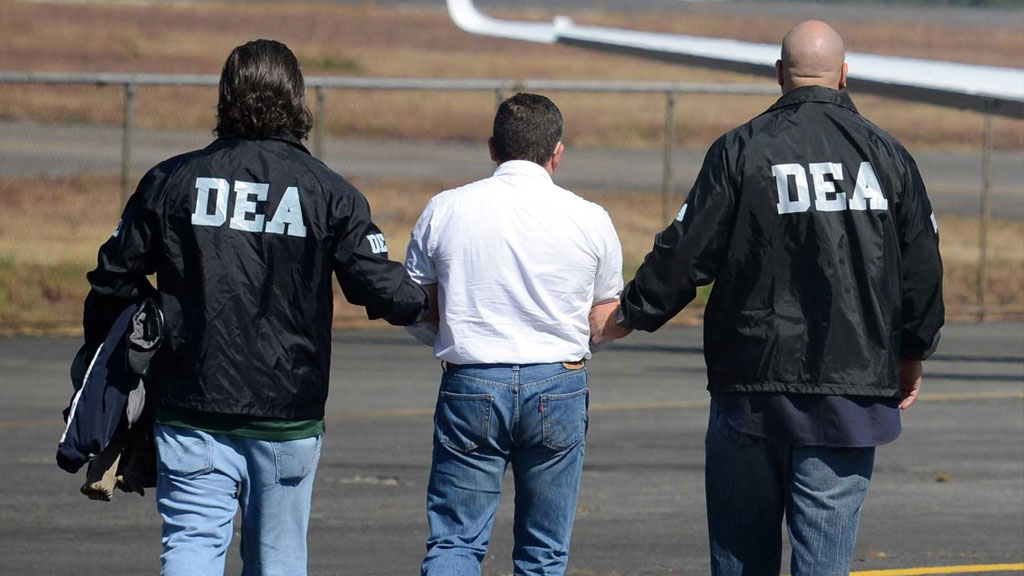According to both Colombia’s government and opposition, the country has been extraditing its citizens to the United States under a treaty that was rejected by the constitutional court in 1980 already.
This would mean that more than 1,000 extradited alleged drug traffickers could sue the state for violating their constitutional rights.
Extradition may be granted or offered in accordance with public treaties and, if absent, the law.
Article 35 of Colombia’s Constitution
The opposition, led by former President Alvaro Uribe, surprisingly brought up the invalidity of the extradition treaty in an attempt to block the extradition from the US to Colombia of former Agriculture Minister Andres Felipe Arias.
The former minister fled Colombia before he was sentenced to 17 years in prison over the embezzlement of tens of millions of dollars in government subsidies meant for poor farmers.
He was arrested by US marshals in Miami earlier this year after Colombia had asked for his extradition.
In a written statement sent to the Miami judge ruling over Arias’ fate, Uribe said “Colombia does not recognize the treaty as valid or in effect because it was not properly ratified.”
Paradoxically, Uribe has been the president who extradited the most Colombian citizens to the US, 1,200 according to himself.
However, these extraditions were “not merited by a treaty,” he said in the letter.
Uribe’s statement had previously been confirmed by both President Juan Manuel Santos and Justice Minister Jorge Eduardo Londoño.
When Santos extradited alleged drug trafficker Walid Makled, who was also wanted by the United States, to Venezuela in April 2011, he explicitly denied the existence of an extradition treaty with the US.
We have an extradition treaty with Venezuela, we do not have an extradition treaty with the United States, this is what a lot of people don’t know.
President Juan Manuel Santos
When referring to the case of Arias, Justice Minister Jorge Londoño confirmed there exists no valid treaty that merits the extradition of Colombian citizens to the US.
Effectively, the extradition treaty does not exist. The rest falls under the sovereignty of each state and judges taking their own decisions.
Justice Minister Jorge Eduardo Londoño
Unfortunately for Arias, the US has its own constitution and laws and presumably did legally ratify the pact.
Thus, according to US law Arias can be extradited without any legal impediment, unless he is granted the political asylum he requested.
The former minister has claimed his sentence is due not to the major corruption scandal he was embroiled in, but to the alleged political persecution of allies of Uribe, who — apart from apparently extraditing Colombian citizens on an arbitrary basis — is accused of numerous war crimes.
If the more than 1,200 extraditions to the United States have indeed never been approved by the Constitutional Court, this means that each individual case could be challenged and — if their extradition is deemed unconstitutional — every single extradited alleged drug trafficker could sue the Colombian state for violating their constitutional rights and demand financial compensation.






